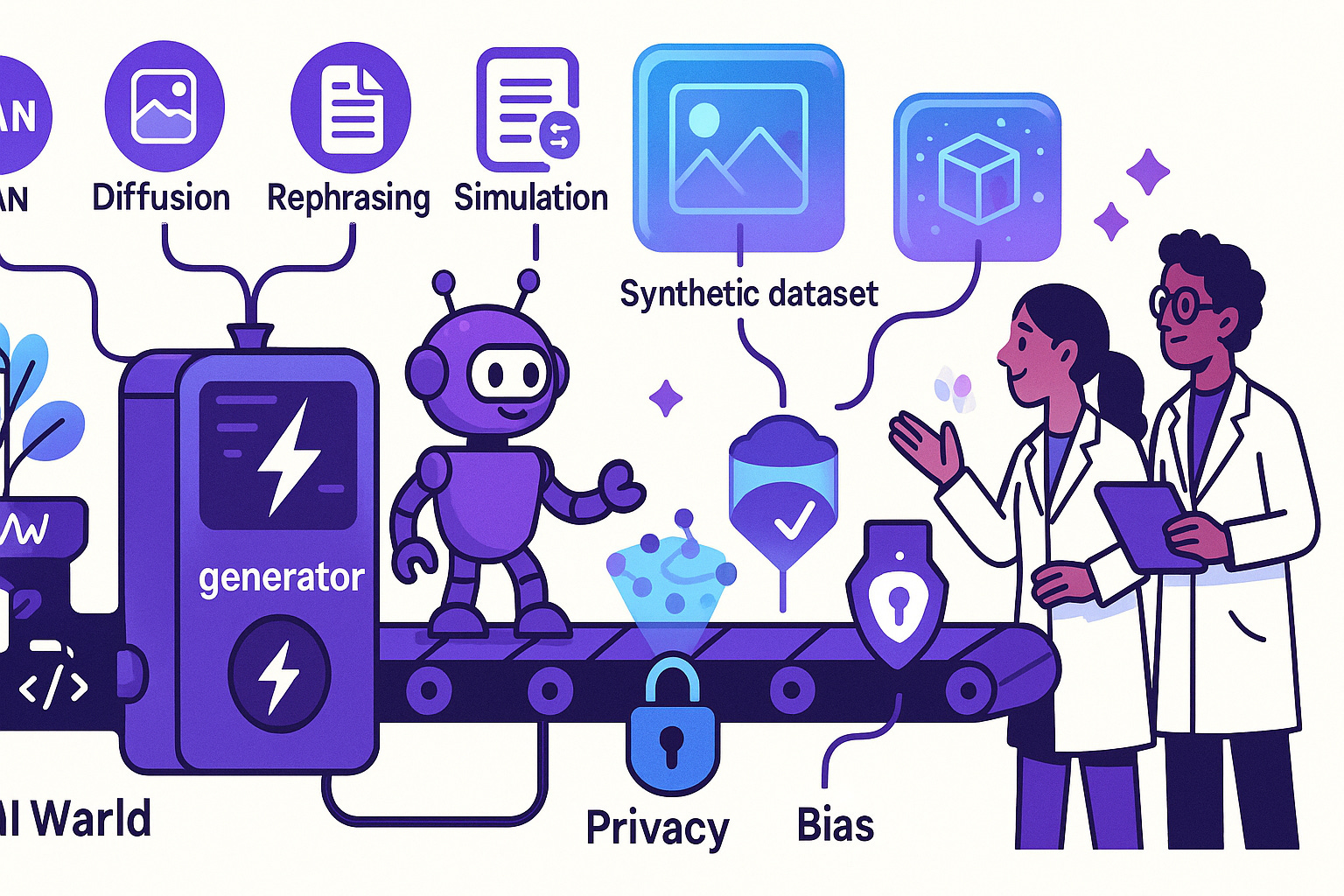Game-theoretic distributed learning of generative models for heterogeneous data collections
PositiveArtificial Intelligence
A recent study introduces a novel approach to distributed learning by focusing on generative models to tackle the challenges posed by heterogeneous data. Instead of sharing model parameters, the researchers suggest exchanging synthetic data, allowing local models to function as 'black boxes' that learn and generate data independently. This innovative method could significantly enhance the efficiency and effectiveness of distributed learning systems, making it easier to handle diverse data collections.
— Curated by the World Pulse Now AI Editorial System




